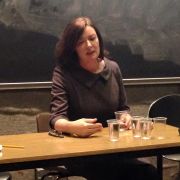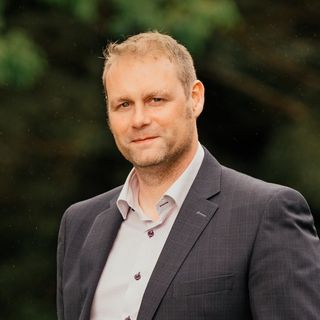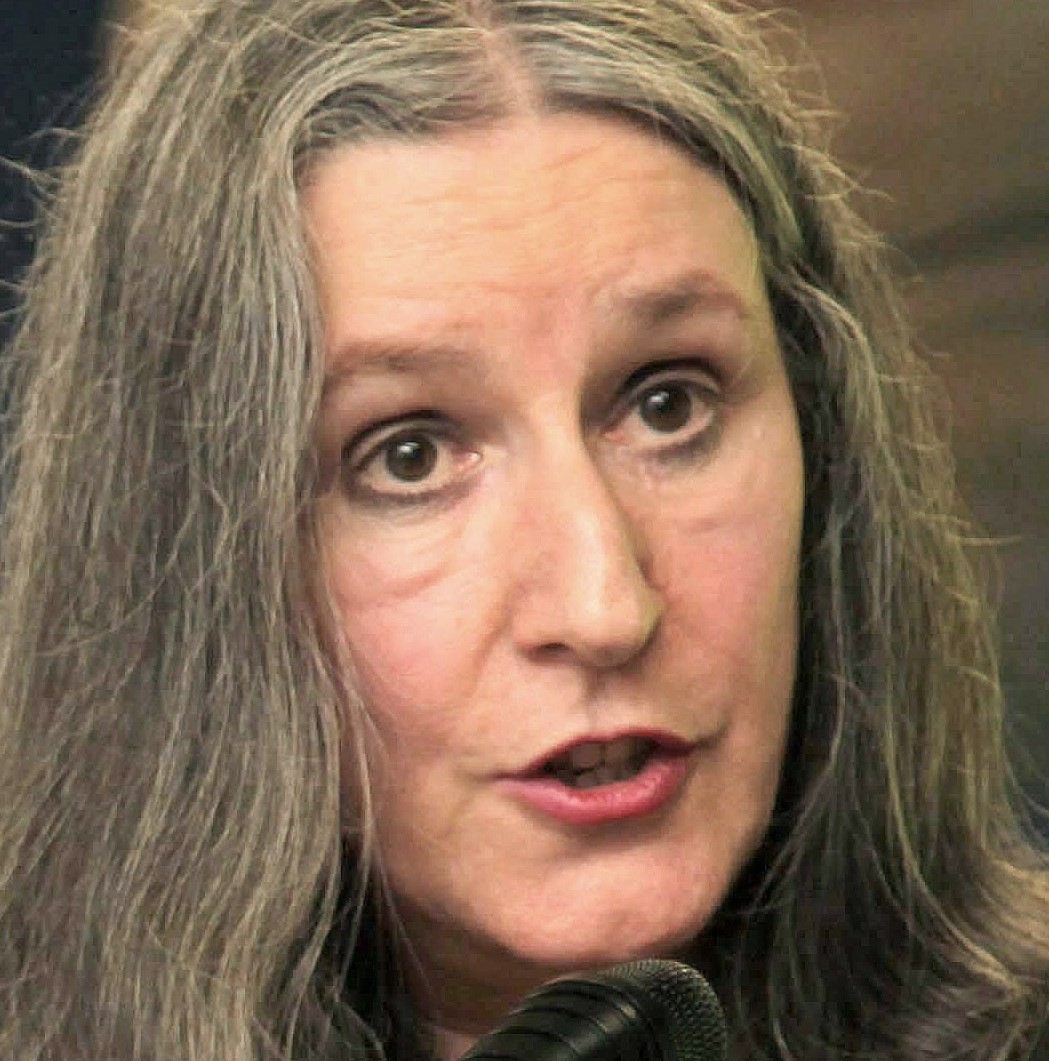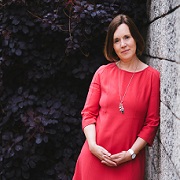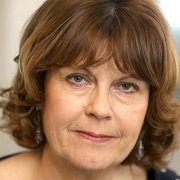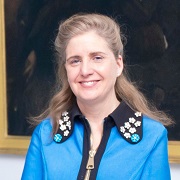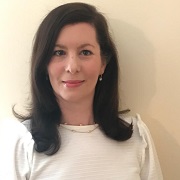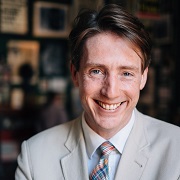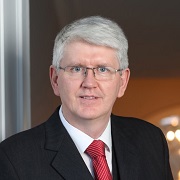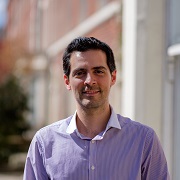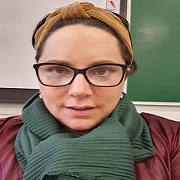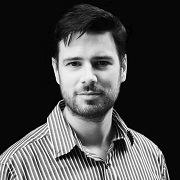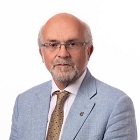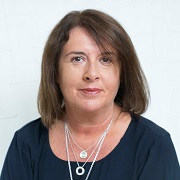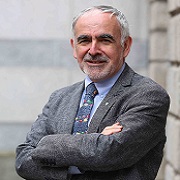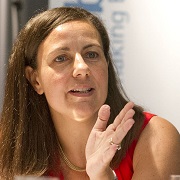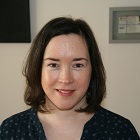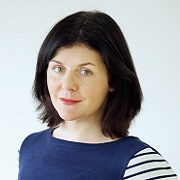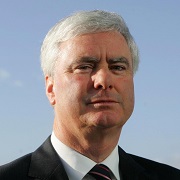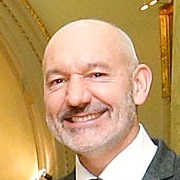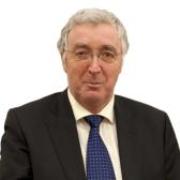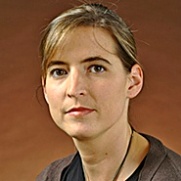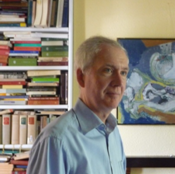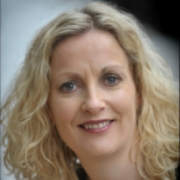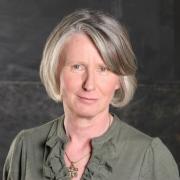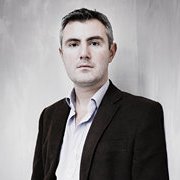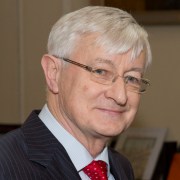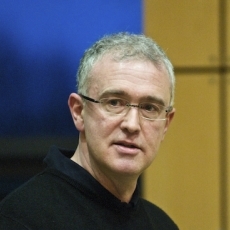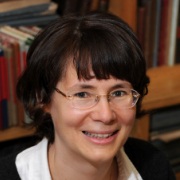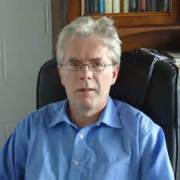In the past five years or so, in both international and national contexts, I’ve been faced with the task of defining why the humanities matter. As member of the Humanities Committee of Science Europe, for example, I’ve worked with colleagues to seek ways to make the humanities, and the range of what humanities scholars ‘do’, more visible to a wider public. At times the roles to be played within such work – whether advocate, publicist, lobbyist or cheerleader – can feel tiresome and the arguments one marshals can appear defensive or self-evident. And yet the benefits of a confident, clear articulation of the value of our work are immense, not least in enabling our graduates to imagine and to realize the diversity of opportunities that they deserve.
My preferred mode of summary (when the word count is short!) is to emphasise the significance of the humanities in terms of present, past and future: that the humanities provide both basic and in-depth insights into the ongoing challenges faced by our society, this by enabling a knowledge of past challenges and the diverse responses they have engendered, and crucially through the creative ability to imagine alternative futures. And while this already risks reading like ‘grantspeak’, it bears restating in contexts where research areas championing ‘discovery’, or ‘innovation’, or ‘enterprise’ can blithely – and foolishly – ignore the historical or cross-cultural or imaginative dimensions offered by humanities scholars.
My current research project looks at language change in late nineteenth-century Ireland by focusing on the infamous Maamtrasna murders of August 1882 and the ensuing murder trial. In examining how language competence mattered within these events – the fate of monoglot speakers of Irish and of their bilingual neighbours – I also find myself newly discovering how past, present and future dimensions work together in practice. Much of the early motivation for the project arose from personal history. Family research in the census of 1911, facilitated by the National Archives’ wonderful online resource, revealed to me that my great-grandfather, living outside Mallow, Co. Cork and aged 71, was bilingual and illiterate, my great-grandmother bilingual and able to read only, and their children monoglot English speakers and literate. Ireland’s large-scale shift in language, which can seem like an abstract subject, suddenly came much nearer and the transitional bilingualism, which such a social change required, was made vividly present in familial history. A century later in 2011, and in a future that my great-grandparents may not have imagined, the census for the Republic of Ireland included a figure of 11% for the percentage of Irish residents who spoke a language other than English or Irish at home. This figure – and the complex lives to which it gestures – in turn raises pressing questions about the status of familial bilingualism and multilingualism, and their treatment by the educational sphere and other state agencies. And so, the larger social questions animating my current work include the following: in imagining, and facilitating, a multilingual future, does it make a difference to know of our relatively recent bilingual past?


